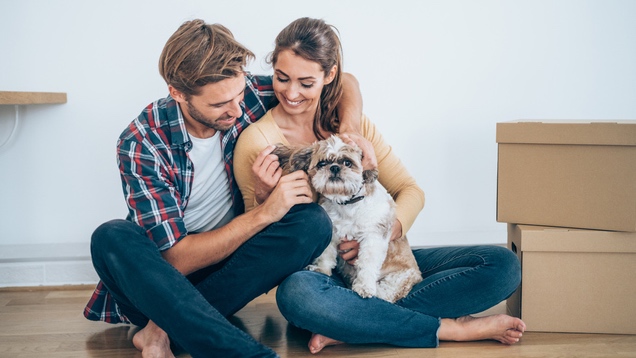
Welcoming a dog into your home is very exciting – more so when it’s your first ever pup. But it’s also natural to feel a little apprehensive. You’re now looking after a life and you’ll be eager to do everything right. And yet you will inevitably make mistakes.
Don’t worry, though: no dog owner is perfect. Even experienced ones will get things wrong. But here we take a look at the most common mistakes new dog owners make in the hope that you will be able to head off potential problems before they arise.
32 most common mistakes new dog owners make
Getting the timing wrong
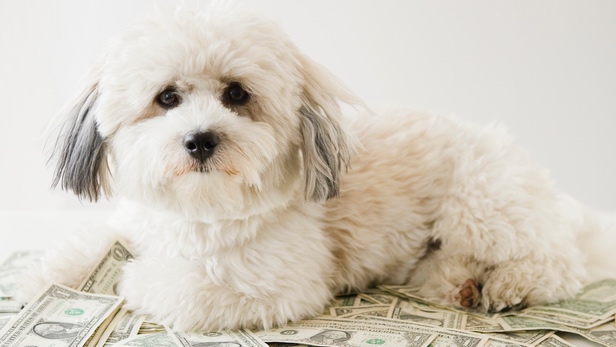
It’s important that you and your family are ready to introduce a dog into your home. Simply getting a dog on a whim without thinking it through will only lead to stress and frustration – it may even affect how you view your puppy. You must assess whether your home is large enough for the breed of dog you are getting and that your lifestyle will fit in with the time demands of dog ownership. Dogs are also expensive so spend time working out your finances too.
Choosing the wrong breed
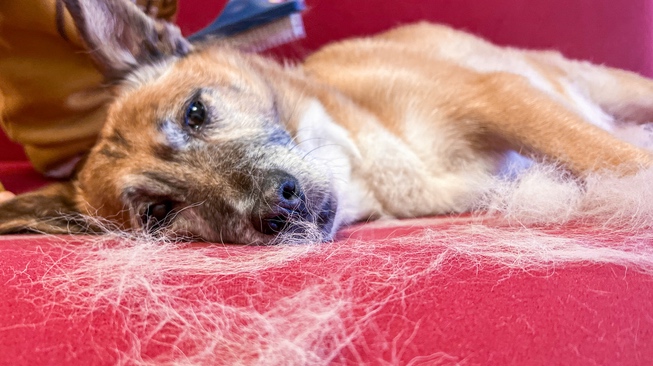
You really do need to think carefully about which breed you choose and don’t simply base it on looks alone. Yes, that dog you’ve fallen head over heels in love with is so very cute but that doesn’t necessarily make it a suitable pooch for you. It’s crucial that you write down a list of needs and reasons why you want a dog and then match it to different breeds. A dog that sheds loads when you’re precious about your furniture is not going to be a good match.
Not recognising your dog’s personality
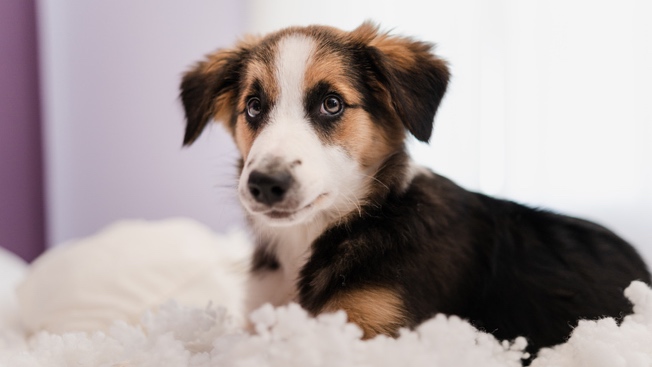
You need to understand what makes your dog tick. You must know what your dogs requirements are. One thing you can’t do is try bending their personality to suit your own so if you’re more at home watching Netflix and chilling and don’t really like going out in all weathers then opting for an active dog such as Border Collie or a Golden Retriever, for example, may not be the best choice for you. You can’t just force them to sit with you all day. You need to address their needs.
Treating dogs like children
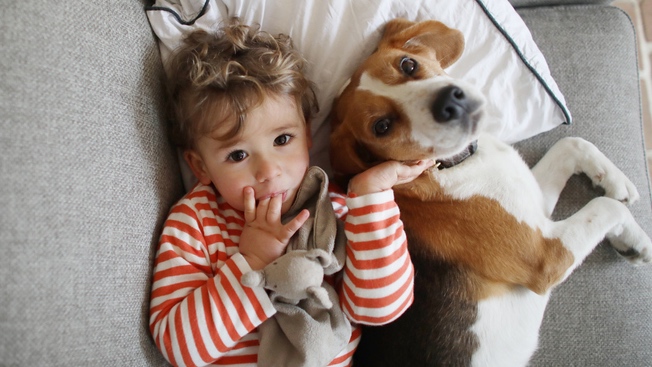
So you’ve got your furbaby home with you and you want them to be a vital part of your family. That’s great. Dogs are key family members who you’re going to love and cherish for many years to come. But just because you’re looking after them and taking on responsibility for their care doesn’t mean they should be treated like precious children. You need to be relaxed and less anxious around your dogs and avoid worrying about them doing something wrong.
Not addressing behavioral problems
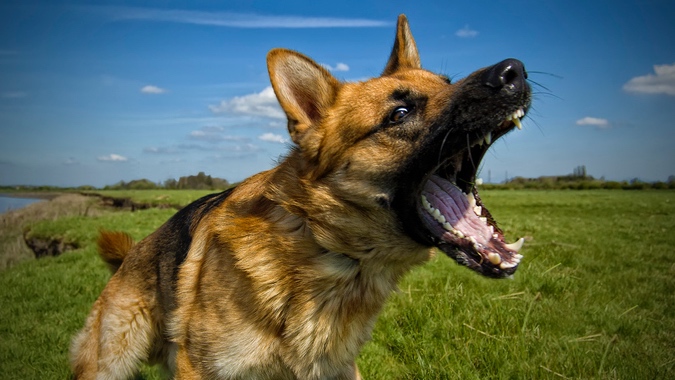
If your dog is acting out of sorts then you can’t just ignore the issue. Any signs of aggression, fear, barking, self-destructive behavior, urine marking, chasing, overactivity or predation, to name but a few issues, need to be tackled as soon as possible so that they don’t get worse as time goes on. It’s easier to nip problems in the bud than it is to address an issue that has been ingrained in a dog’s brain for quite some time. Seek expert help if necessary.
Not visiting vets often enough
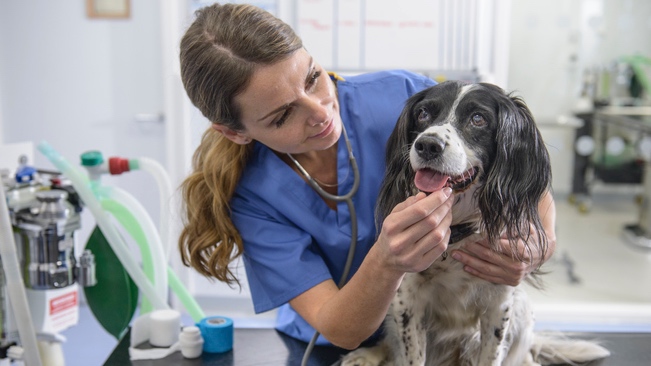
There are many reasons for taking a dog to a vet and they don’t necessarily have to be ill. Vets will administer vaccines and give your puppies a good check over, conducting tests to rule out potential future problems. Regular vet checkups are therefore vital and you shouldn’t skip them, even if your dog doesn’t look as if he or she enjoys them (chances are they won’t). Vets can also offer heaps of advice to help keep your pooch in good health and tip-top shape for years to come.
Thinking all dogs act the same

Don’t assume that just because you had an adorable Cavalier King Charles Spaniel when you were a child or that one of your friends is getting on super fine with a Beagle that your Cavalier King Charles Spaniel or Beagle is going to act in the exact same way. In all likelihood, this isn’t going to be the case. All dogs, even those of the same breed, have different personalities and temperaments so it’s important to get in tune with your own dog first and foremost.
Having high expectations too soon
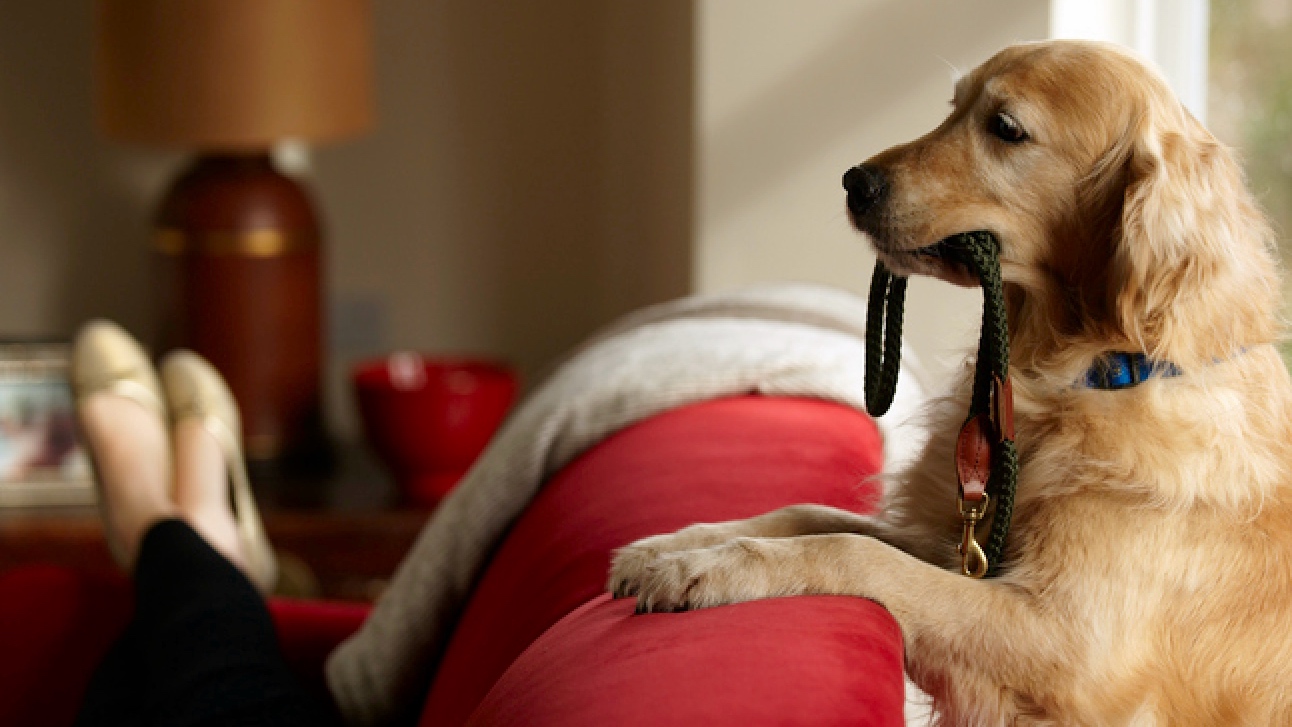
You may have encountered dogs which behave impeccably, appear to be great around children and other animals and act considerately when inside and out. But don’t make the mistake of thinking all of that comes overnight. There is a great deal of training to be had, with dogs also finding their feet and learning what is expected of them. It all takes time and you just need to be patient. Your dog will come good eventually so don’t worry too much or rush things.
Failing to teach basic obedience
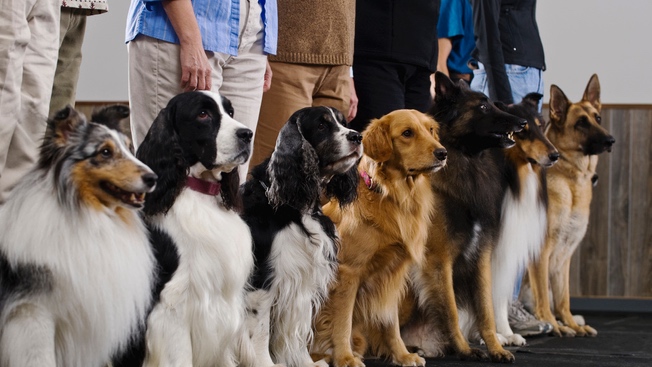
Teaching obedience is essential. There is absolutely no way of getting around that. Failing to do so can lead to dogs being unpredictable which is rather perilous for anyone who encounters them, let alone their own family. Ensuring your dog learns the basics requires understanding and compassion. You also need to be consistent, patient and resilient. If you’re struggling or not sure what to do, research online or attend a training class. Both are time worth spending.
Neglecting to socialize your pup
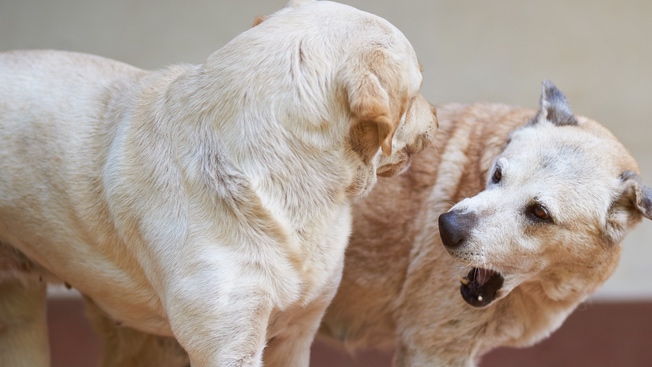
Dogs need to be comfortable with their surroundings and they need to behave well around other dogs and children. The latter comes with socialization and this always need to be carried out as early as possible. Once a dog has completed a round of vaccines, you’re generally playing a catchup if you haven’t started to socialize. So get your dog out and about in new environments and around people and other animals to teach them how to behave and you’ll benefit loads.
Not being prepared
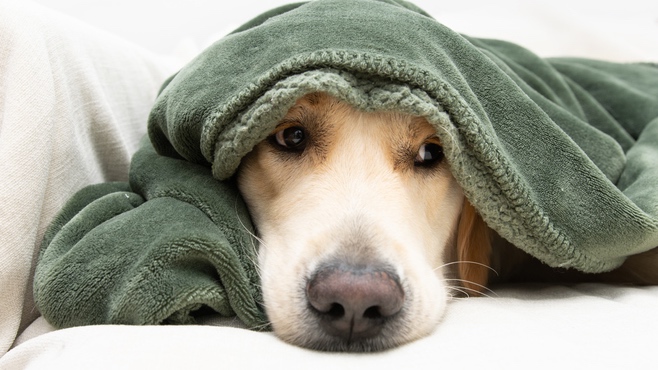
And by that, we mean not being prepared for all sorts of events. Dogs don’t like loud noises so you need to plan well before fireworks season, for example. Sometimes disaster can strike your home: do you have a plan in place to protect your pooch if this happens? You need to be aware of all of the things your new dog needs and consider various situations you may find yourself in. Sometimes, it’s as simple as remembering to take a poop bag along with you on walks.
Not microchipping your dog
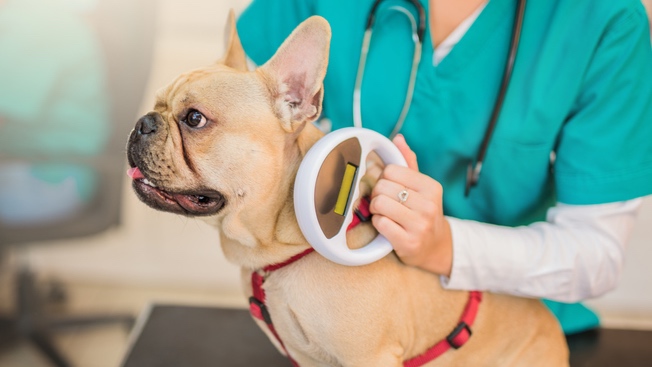
Getting your dog microchipped can save you a lot of stress. It can even save your dog’s life. It ensures your dog has a permanent identification so, should something terrible happen such as a dognapping, you’re more likely to be reunited. Microchips can also help vets to locate you if your dog becomes lost. Microchipping doesn’t cause your dog any pain and it’s quick, safe and easy so don’t delay if you haven’t done it and give your vet a phone call.
Failing to properly potty train a pup
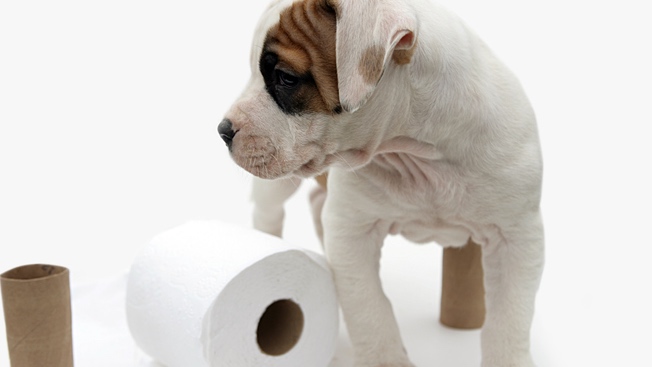
There is nothing more frustrating for new dog owners than a pup which poops all over the home. But you can’t get mad at your pooch. It’s entirely natural and accidents do happen. By establishing a consistent potty training routine, however, you can minimize accidents. It can be as easy as taking your dog outside at set times for them to urinate and defecate – learning when these bodily functions tend to take place. Keep puppies free from distraction at these times for maximum effectiveness.
Not giving dogs enough exercise
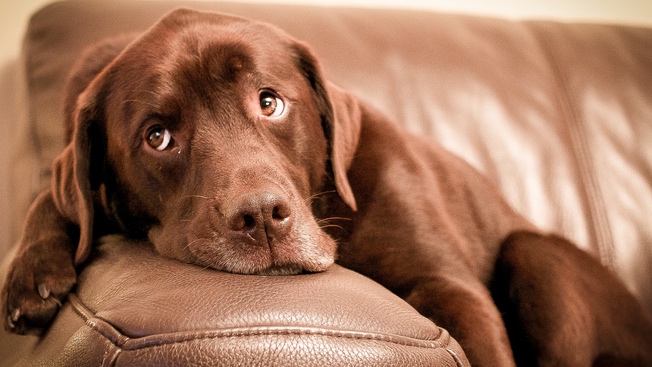
Some dogs need very little exercise. Some dogs need a lot of exercise. Ant it’s your job to work out how much exercise your pooch needs. Research the dog’s breed and pay attention to the length of time a dog needs to be physically stimulated then try and stick to that as best you can. Don’t forget that dogs also need to play with toys and that mental stimulation is important too. With sufficient exercise, you’re going to teach your dog good habits and ensure they remain fit and healthy.
Overfeeding a dog

It is so easy to indulge a dog, especially at the start. Look at how cute they are and how well they respond to food – then take a step back and consider whether you may be lured by those big puppy eyes and overfeeding your dog. Obesity is a big problem among our canine companions and it leads to a wide number of otherwise avoidable health issues, lowering their lifespan. Always stick to balanced dog food with the finest ingredients whenever possible.
Letting dogs eat human food
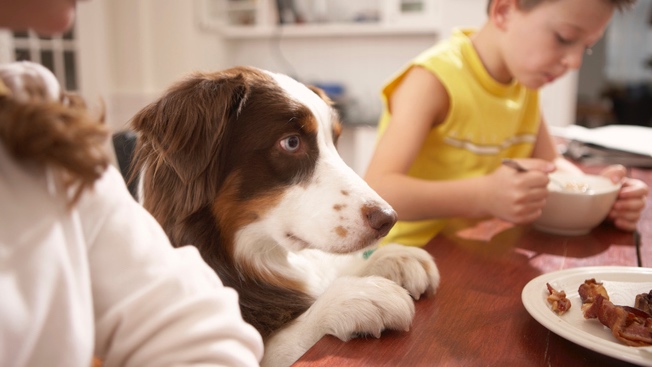
There are some human foods which dogs can eat. They include broccoli, banana, oranges, coconut, pineapple and blueberries. But, in general, it’s best not to encourage giving human food to dogs because there is every chance your pup will end up expecting to be able to tuck into whatever is placed on your plate. You don’t want a dog munching on avocados, candy or cherries, for example, and you don’t want to encourage pooches to overeat either. Stick with dog food as best you can.
Giving too many treats
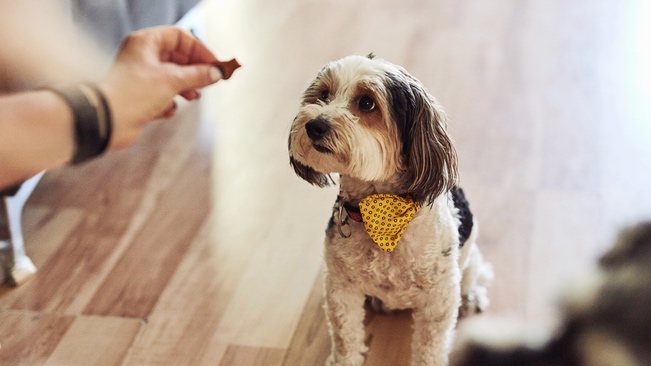
You run the risk of accidentally causing obesity if you hand out too many treats. You can also send out the wrong message if you’re too generous with your treats as well. When you’re training dogs, for example, and looking to reward them, you’ll often have a bag of treats to dish out. Yet you could end up giving a dog too many which, aside from boosting the number of calories they are consuming could end up making a pup perform entirely for food. Moderation is always key.
Believing your other pets will love your dog
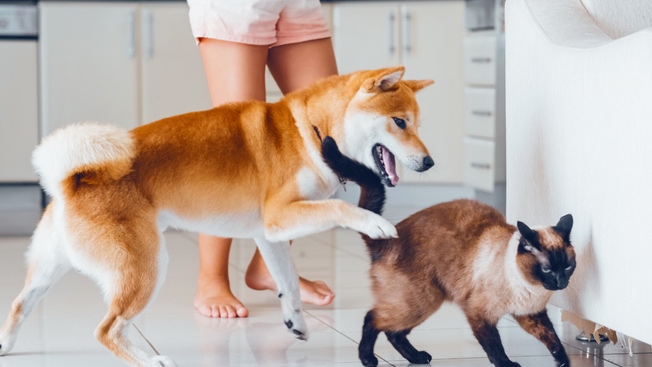
You love your new dog so it stands to reason that your other pets will adore your new addition too, right? Wrong! Just as your dog needs to become familiar with your other pets, so your other pets need to become familiar with your dog. You need to take care and observe how they all behave towards each other and be aware that some pets – cats in particular – could become rather anxious with a dog around the house. They’ll all get used to each other eventually.
Punishing a dog
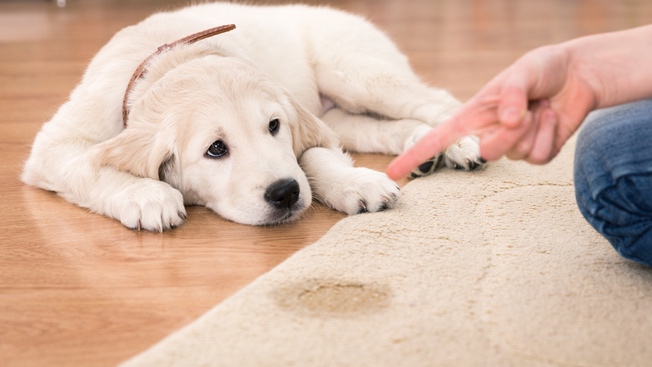
One thing you should never do when training a dog or, indeed when owning a dog period, is shout at them. Getting angry with a dog will not make them better, it’ll just make them anxious or, in some cases, make them more hyperactive. Even shouting “no'' isn't always the answer to getting a dog to behave the way you want – better communication with a specific command tends to be preferable. When training a dog, always use positive reinforcement so pooches know that good behavior is rewarded.
Keeping your dog on a lead
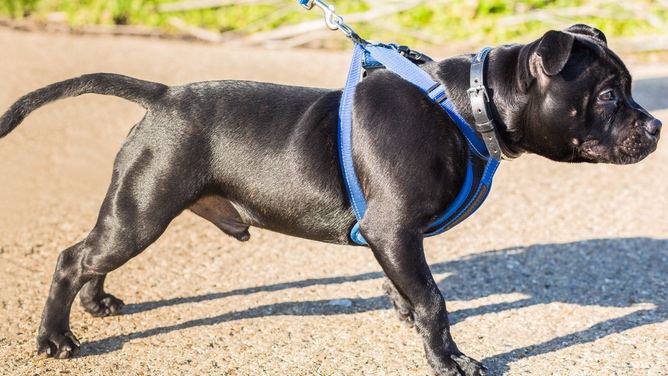
You may find some trainers who say you should never allow your dog to be taken off a lead in a public place and there are situations when this is advisable. If your dog is excitable, prone to chasing small animals or likely to bite, then taking them off a lead could lead to chaos. Yet a well-behaved pup with good recall should be allowed off a lead to burn off excess energy and explore their surroundings in their own way. Just keep a very close eye on them.
Allowing easy access to flowers
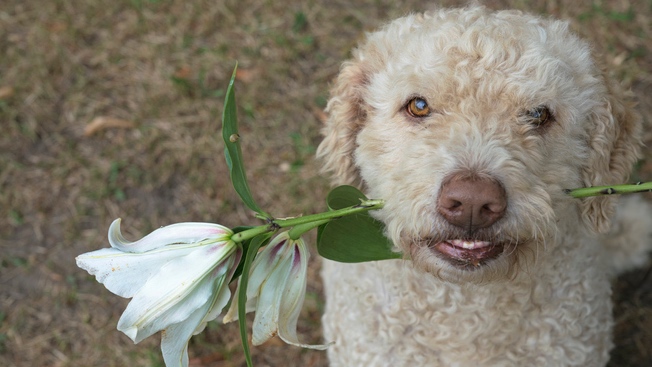
Quite aside from the potential problem of a vase of flowers being knocked to the floor sending water everywhere, you really need to be mindful of which aspects of nature you use to decorate your home. Some plants are poisonous to dogs including Peace Lily, Calla Lily, Sago Palm and Devil’s Ivy. Be wary of tulips, pink roses, hydrangea, daffodils and orchids too. And spread the word – you don’t want well wishers sending the wrong type of congratulatory flowers to you, welcoming your new pet.
Leaving your pup in a hot car
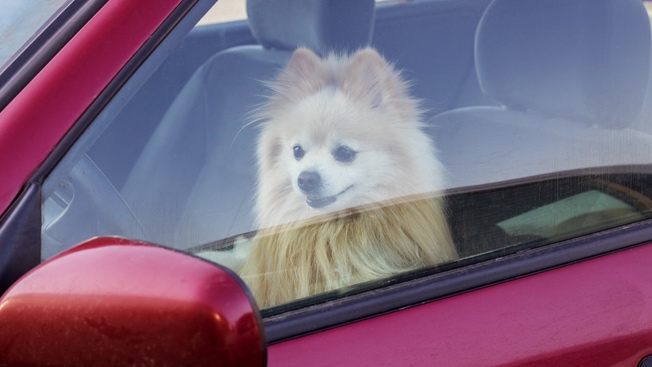
Is this a common mistake? We’d hope not given the terrible consequences it can have. Dogs left in a vehicle on a sweltering sunny day – even if you only intend to pop to the shops for a short while – can be fatal. They soon dehydrate and develop heatstroke and that is true even if you’re parked in the shade – cars can become like an oven within minutes. You can’t rely on opening the windows either. The smart thing to do is take them out with you to be on the safe side.
Taking a dog for a walk in hot weather
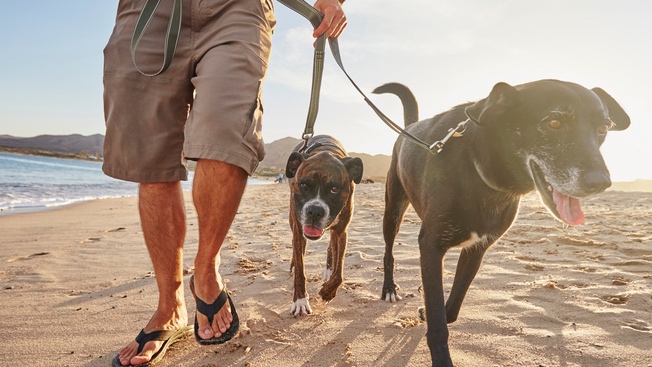
If it’s too hot outside for you, then it’s going to be too hot for your dog as well. All that fur and an inability to cool down like humans spells danger for dogs. So, if the temperature is 70 degrees Fahrenheit or above, be very careful. It is usually better to confine your walks to the cooler parts of the day which are typically first thing in the morning and evening/night. That way you avoid the risk of burnt paws and heatstroke. Watch for heavy panting and bright red gums or tongue.
Thinking your dog is extremely clever

Yes, dogs are clever but many new dog owners reckon their pet is more intelligent than they actually are. It’s not an ideal belief to have because it can lead to frustration when your canine companion doesn’t act in quite the way you expected. It can also mean you take your eye off the ball at times, putting too much faith in your pooch and allowing them to do things which could actually endanger them. Just put yourself in the shoes of a three-year-old and you’ll get the level of intelligence you’re dealing with.
Just letting your pup sniff out others
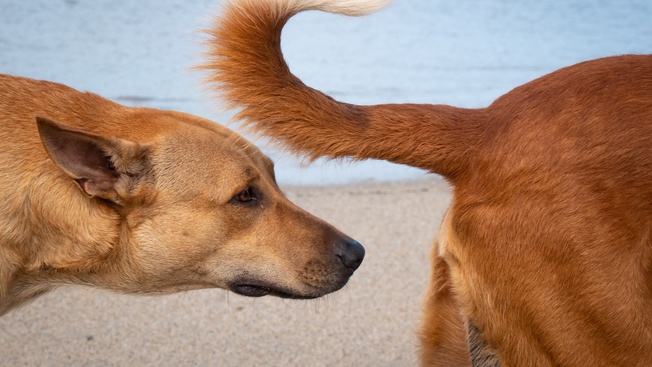
Don’t fall into that trap of assuming a new puppy is totally friendly and won’t bite. You likely won’t know that yet (or know how another animal or person will react). It’s always a good idea to keep a puppy on a lead when there are other dogs, people or children around – at least to start with. Being in control of the situation also means your dog is more likely to learn their boundaries and good behavior. It means you are able to quickly calm a situation down should it become heated.
Not paying attention to dental care
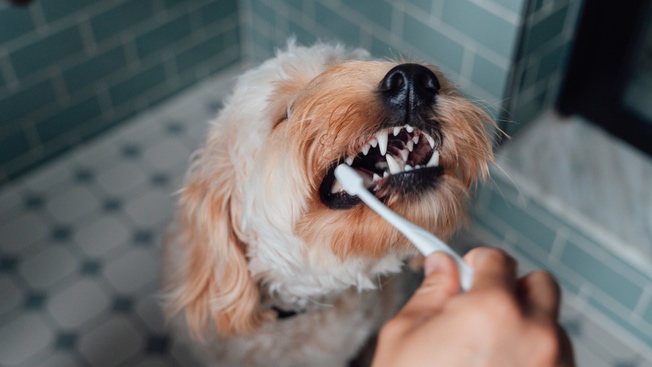
You need to keep a careful eye on your new dog’s dental hygiene. As soon as those teeth start to come through, you need to keep them clean with regular brushing. There are ways of cleaning dog teeth without brushing using oral hygiene rinses and dental treats, for example, or even by giving your canine kibble. But don’t make the mistake of thinking that they will do the job alone for you. You will still need to get handy with a brush and remove plaque before it hardens into tartar.
Not issuing command properly
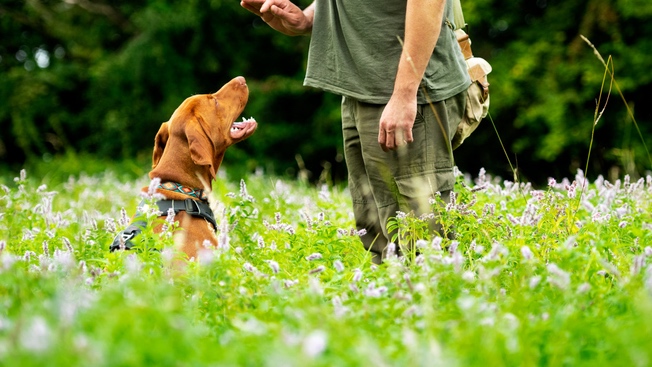
Yes, you can ask your dog to fetch or to come to you. But unless you’re also showing your dog that you actually want them to do what you’re asking, you’re going to confuse the poor pup. It can be as simple as using a hand gesture or getting into a position that shows your dog that you’re not just issuing commands but now expect them to do something. It means your dog isn’t going to mistake a command for something else such a way to simply get them to look at you.
Not making grooming a wonderful experience
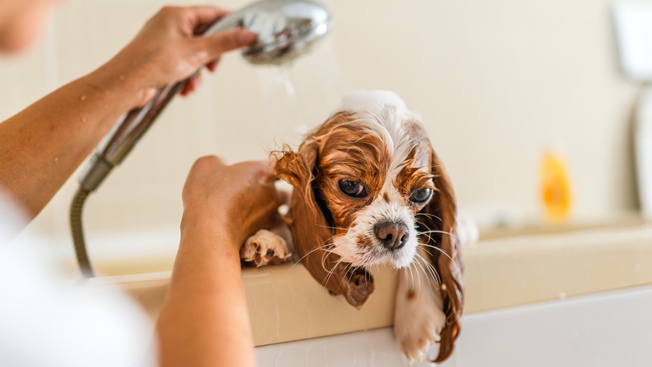
You need to keep on top of your dog’s care and the earlier you start, the more receptive they are going to be to being groomed. One common mistake new dog owners make is not ensuring their dog is comfortable when they’re being bathed or having their nails trimmed – it can be as simple as giving them a treat and lavishing them with praise during grooming sessions. If grooming feels stressful, then it’s going to make it harder for you in the future.
Expecting groomers to do everything
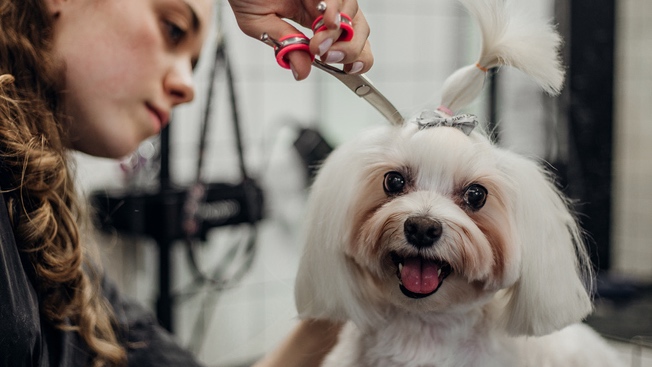
Professional groomers are great. They will help your pooch to avoid all manner of problems growing up by keeping coats clean and nails trimmed. But if you let a groomer do everything and absolve yourself of the responsibility of looking after your lovely pet then you are missing out on an essential bonding session. Grooming also means you get to know your pet’s body from a very early stage which means you’re in a better position to spot any problems that may emerge.
Believing poor behavior is a dog fooling around
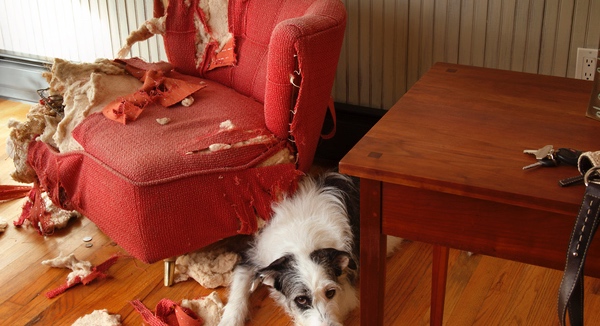
So you’re asking a dog to do something and he or she just won’t carry out your instruction. You may as well not be there. Haha – that’s your pooch messing with you or just not understanding what you want them to do. Or is it? In some cases, your dog is deliberately ignoring your commands because you haven’t trained it well enough so it’s important to step things up and make sure they get the message. Lots of positive reinforcement and a back to basics approach can work
Thinking a dog will grow out of something
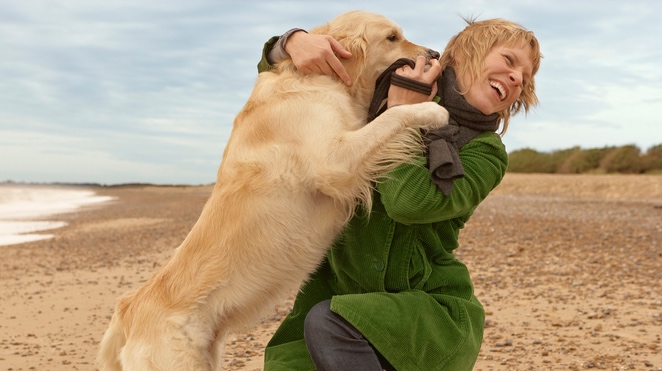
Your dog jumps up. You laugh. Your dog rips a magazine to shreds. You laugh. It’s all cute behavior at this joint, you surmise, and yet the reluctance to intervene means a pooch isn’t learning its limits. This is a problem: dogs who learn bad habits won’t just grow out of them because they don’t know any better. You have to work with a dog, trying to train them into a different mindset. If you don’t then bad behavior may actually worsen over time.
Not spaying or neutering
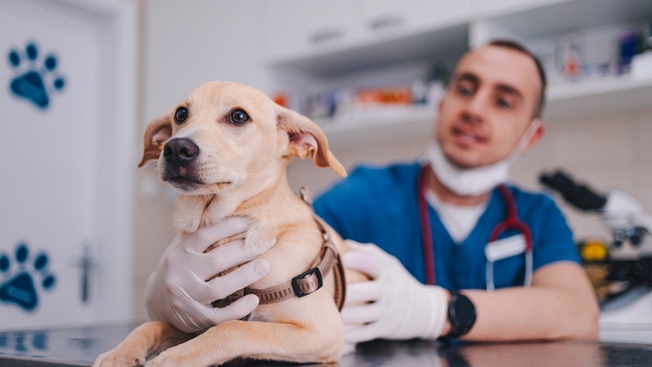
Between 50 and 70 percent of pets are neutered or spayed in the US and UK but that also means between 30 and 50 percent are not. Spaying (for girls) and neutering (for boys) is a way to control populations but it’s also beneficial for your dog. You’ll be preventing the risk of uterus infection and cancers in females and eliminating testicular cancer in males. You also cut the risk of unwanted pregnancies. New owners should talk to their vets for more advice and support.







